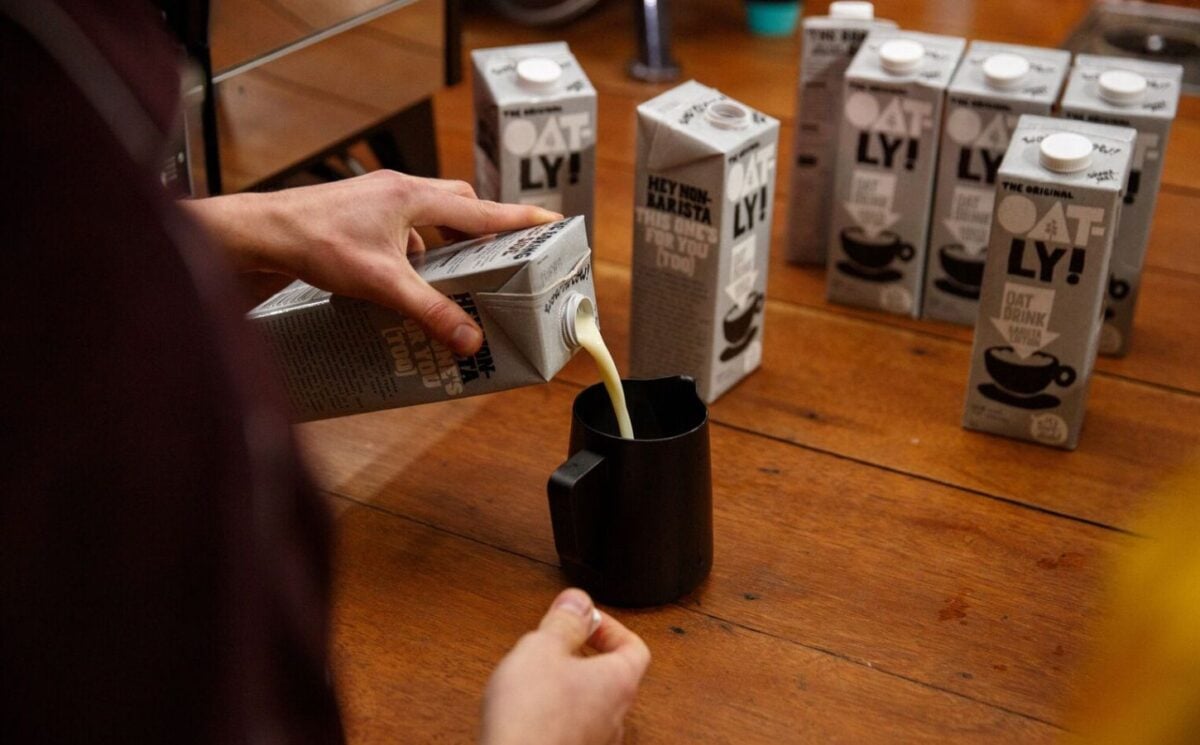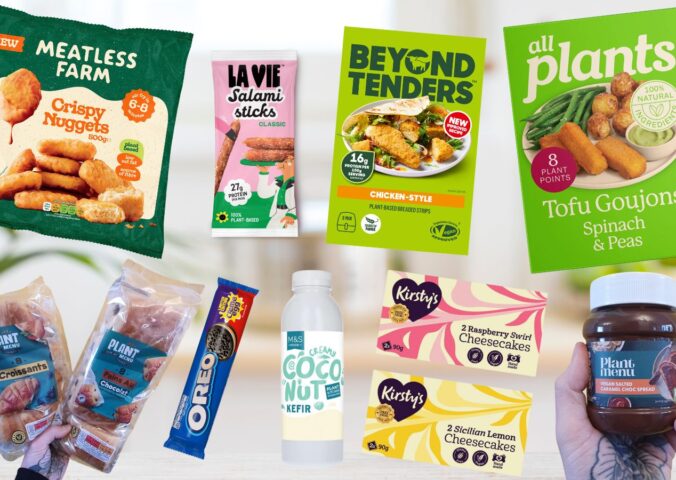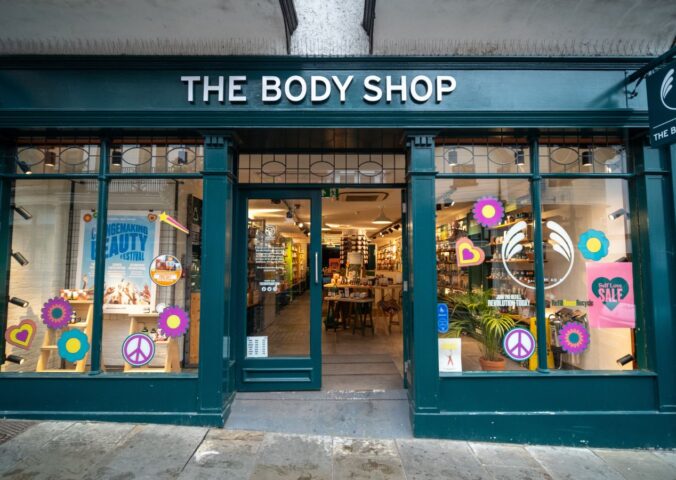Oatly recently reported a significant profitable growth milestone and almost simultaneously announced plans to triple investment in British-grown oats by 2026.
The Swedish oat milk company has had a tumultuous few years, including various supply chain issues, a stock crash, product recalls, and controversy over links to US President Trump and Amazon deforestation through an investment from Blackstone.
Read more: Precision Fermented Dairy Proteins Receive ‘No Questions’ Approval From FDA
Oatly’s revenue in the third quarter of 2025 increased by more than seven percent to USD $222.8 million, with volumes up by 6.6 percent. However, US sales declined by 10 percent, and the company recorded a loss of $65.3 million compared to 2024.
“I am proud to report that we drove profitable growth in the quarter, with solid constant currency revenue growth,” said Oatly CEO Jean-Christophe Flatin in a Q3 report. “Achieving this milestone reflects the disciplined, strategic actions we have taken over the past three years to strengthen the foundation of our entire business. While we are proud of this achievement, we know that profitable growth is a milestone and not the finish line. We see significant potential ahead of us, and we are confident that we are taking the right steps to drive durable, scalable, and profitable growth as we execute on our mission.”
Oatly is one of the most popular dairy-free drink brands in the world, and has become a best-seller in the UK, in particular. The company told The Grocer that the move to British oats had been “years in the making,” and that it marked a “significant step” in strengthening Oatly’s “long-term commitment” to UK agriculture.
Read more: The Plant-Based Dairy Market Could Reach $34 Billion By 2030, Say Experts
Oatly recognized as a ‘climate solutions company’

Oatly now sources all oats for its core Barista oat milk products from farms in England. However, Barista Organic, Lidl Barista, jiggers, and multi-packs still feature blended UK and EU oats. Oatly’s move to British oats follows a similar announcement by Alpro earlier this year, and several key smaller brands already feature UK oats.
Oatly has projected that switching to 100 percent British oats could reduce the climate footprint of its range by up to 13 percent by the end of 2026. The company also plans to continue investing in farmers using regenerative practices.
In June, Oatly became the first food brand to qualify as a “climate solutions company.”
Read more: Oatly Becomes ‘First’ Food Brand To Qualify As ‘Climate Solutions Company’






